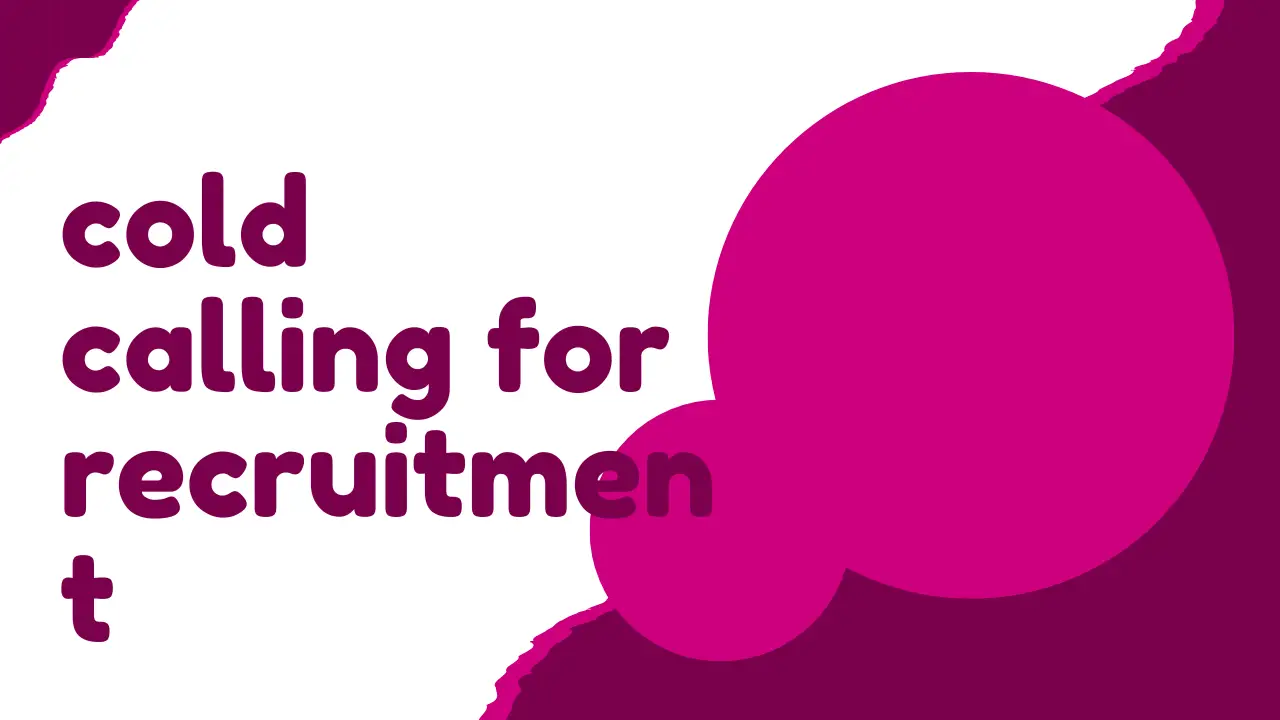Do Your Homework: The Key to a Successful Call
Before you even think about dialing a number, you need to do your research. This isn't just about finding a candidate's name and company. It's about understanding their career trajectory, their skills, and their potential motivations for a change. Look at their LinkedIn profile, see what they've been posting about, and check for any recent Looking to grow fast? Get bulk email leads from country email list accomplishments or promotions. This information is gold. It allows you to tailor your opening and show the candidate that you've invested time in understanding them. Instead of saying, "Hi, I'm a recruiter and I have a great opportunity," you can say, "I saw your work on [specific project] and was really impressed. It made me think you'd be a perfect fit for a challenging role we're working on at [company]." This immediately sets you apart and shows respect for their time and expertise.
Crafting a Compelling Opening (And Why It Matters)
The first 30 seconds of a cold call are critical. You need to grab the candidate's attention and establish credibility immediately. Start with a brief, clear introduction: your name, your company, and the reason for your call. Don't beat around the bush. For example, "Hi, [Candidate's Name], my name is [Your Name] from [Your Company]. I'm calling because I came across your profile and was really impressed with your experience in [specific skill/industry]." The goal isn't to sell them on a job right away, but to pique their interest and open a dialogue. Ask if they have a moment to talk. If they're busy, respect that and offer to schedule a time that's more convenient. This small act of courtesy goes a long way in building trust.

From Monologue to Dialogue: The Art of Listening
A cold call should never be a one-way street. After your opening, you need to pivot to listening. Ask open-ended questions that encourage the candidate to share their thoughts and career goals. "What are some of the things you enjoy most about your current role?" or "What are you looking for in your next professional challenge?" These questions give you invaluable insight into what motivates them and help you determine if the opportunity you're presenting is a genuine match. If it's not, don't try to force it. Thank them for their time and keep them in your network for future opportunities. The goal is to be a helpful resource, not a pushy salesperson.
Handling Objections and Rejection with Grace
Rejection is an inevitable part of cold calling. The key is not to take it personally. A "no" today doesn't mean a "no" forever. When a candidate raises an objection, don't get defensive. Listen to their concerns and try to address them directly. If they're happy in their current role, acknowledge that and say something like, "That's great to hear. I'll make a note to check in with you in a few months, as things often change." If they're not interested in the specific industry or type of role, ask them what they would be interested in. This keeps the door open for future conversations. End the call on a positive note, regardless of the outcome.
The Follow-Up: Nurturing Your Network
A successful cold call doesn't always end in a placement. It often ends in a connection. After the call, send a brief, personalized email thanking them for their time. Summarize the key points of your conversation and let them know you'll keep them in mind for relevant opportunities. If they expressed interest but weren't a fit for the current role, ask if you can connect on LinkedIn. This allows you to stay in their professional orbit and build a long-term relationship. The real power of cold calling isn't in a single successful hire, but in the growing network of contacts you build over time. It's a long game, but the payoff is immense.